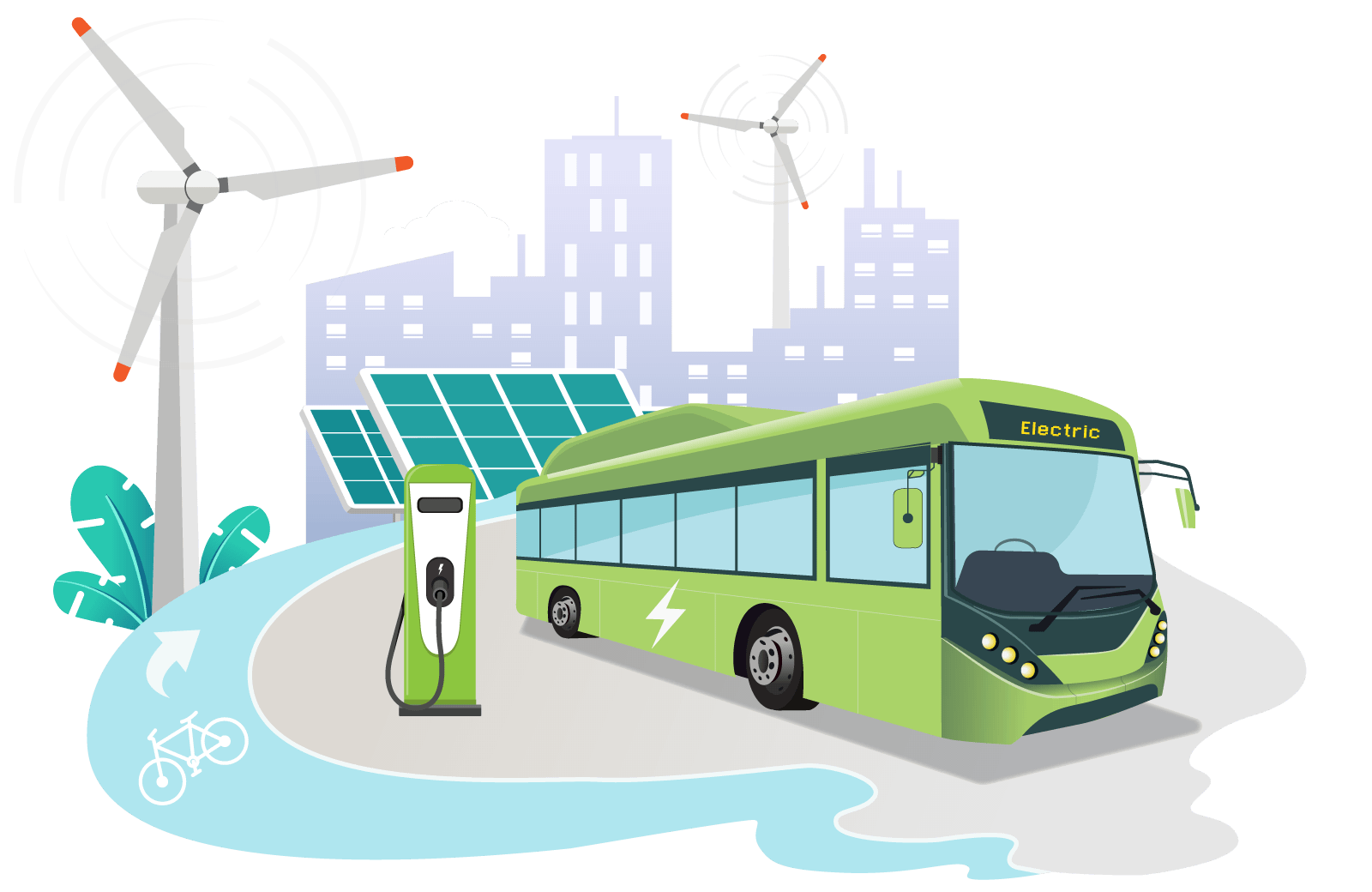I read an article recently that quoted a man who I have the upmost respect for, namely Martin Dean FCILT, the Regional Managing Director Bus, for the Go-Ahead Group, Martin has long championed the cause of the bus not only as a top 5, group MD, but also as a proactive CPT leader. To be fair, he has also been happy to put his money where his mouth is, as the old expression says, with Go-Ahead investing along with Stagecoach an impressive £43.7 million in new electric vehicles in Oxford alone. Which, to be fair, is overshadowed by Oxfordshire County Council by an investment of £82.5 million in what is clearly an excellent example of partnership working, and dare I say it, joined up thinking.
The scheme is dependent on ensuring that local traffic priority measures are introduced to ensure that buses get priority over private cars. After all, there is no point in investing in low carbon vehicles if they are just going to sit there going nowhere fast, while single cars carry one person each, also going nowhere fast, either. Utterly pointless but politically challenging as local councillors get very nervous about being courageous and saying no, we will not allow the car to dominate, but we will seriously champion the bus, instead of the car. In the past, from my own experience, this decision has come at a price, as Mr Angry from Tunbridge Wells simply voted for whomever let him drive his mostly empty car to anywhere that he wished to go, preferably down the aisles of his local Marks and Spencer so he could shop without having to actually get out of his car in the first place.
However, after being in the bus industry for more years that I care to remember, I now see a very big difference in public opinion with the painfully slow realisation that the humble omnibus is in fact the solution, and not the problem. Why? Dead easy, we are quickly speeding up the process where we are killing ourselves by breathing in air that is dangerously contaminated. At long last, climate change has finally come home to roost as recent extreme weather around the world has proved. So, the emphasis right now is on phasing out fossil-based fuels and introduce alternative technologies, electric buses, hydrogen-fuelled buses, hybrid buses; they are all under construction and being mostly built in the UK at Wrightbus in Northern Ireland and Alexander Dennis in Scotland.
So, will the great British public actually convert to the bus? Well, recent research suggest that 55% of people are likely to travel by bus more often if buses are operated by non-fossil fuels, so a Savanta opinion poll revealed. [YS1] However, over the course of the last two years, the bus industry has been quietly but, efficiently, converting bus depots into self- supporting electric power stations. Andrew Jarvis, the Chief Operating Officer for First Bus, recently gave an excellent presentation that I was fortunate enough to attend, where he talked through the electrification of the massive Caledonia depot in Glasgow. The infrastructure is not only able to provide enough juice for hundreds of buses, but potentially could supply enough power to thousands of local homes. I mean, win-win all around.
And this revolution is now starting in earnest, albeit, mostly with the major bus groups across the country: Leicester, Norwich, Oxford. Slowly but surely momentum is gathering, with 17 areas already investing in new electric buses., However, there is still a major challenge that does need to be addressed and that quite simply is: how do we assist the small family-run bus companies that do not have the capital to invest in electrification, nor have the money to buy these new technology buses? They are significantly more expensive than diesel buses – 80% more expensive, to be precise, so how do we help these essential local community operators?
Well, the Government has invested over £270 million in helping bus operators as well as the local authorities with its Zero Emission Bus Regional Areas (or the ZEBRA scheme as it is known). Indeed, a great start but the reality is that without proper investment, the plan will not work. At present, less than 10% of the UK bus fleet is operated by electric vehicles. But the momentum is certainly gathering at a pace. The role and the importance of the bus is being elevated by society as a whole, in my personal opinion, and indeed the significance of the UK Bus Centre for Excellence can only add great value to the industry, and while we are at the early stages of development as a centre for excellence, I have complete faith that both the industry and the Centre will revolutionise the nation for the national good.
Let’s hope that at last party politics will not dictate policy but that common sense will prevail, and a sensible strategy can be employed to support the bus industry to move more people around the nation with modern, safe, clean vehicles that can only help us live longer and healthier lives.

Written by Austin Birks








